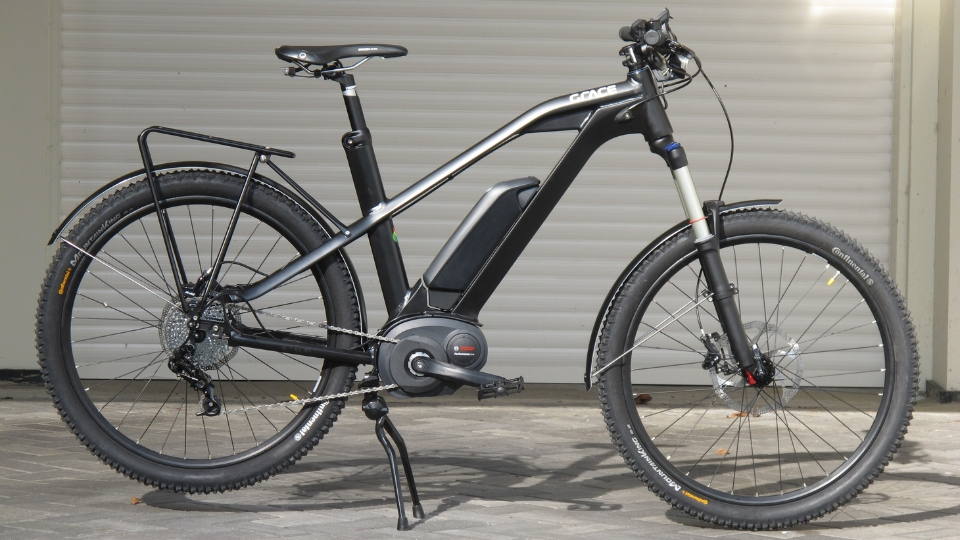In recent years, the demand for sustainable and efficient transportation has led to the rise of electric bikes. Among these innovations, connected electric bikes stand out by implementing cutting-edge technology into their design. In this article, we will explore various aspects of connected e-bikes and how they are revolutionizing the cycling world.
Advanced features in connected e-bikes
Connected e-bikes offer smarter and more efficient mobility solutions, incorporating technologies like GPS navigation, smartphone integration, performance tracking, and security enhancements as you can see on velco website. Let’s take a closer look at some of these features:
- GPS navigation: Many connected e-bikes come with built-in GPS systems that guide cyclists through the most convenient routes, providing real-time traffic updates and turn-by-turn directions.
- Smartphone integration: By connecting your e-bike to your smartphone via Bluetooth or Wi-Fi, you can access various applications like fitness tracking, route planning, and bike maintenance reminders. You can also receive incoming calls, messages, and notifications directly on your bike’s display.
- Performance tracking: Modern e-bikes can track your speed, distance, elevation gain, and other relevant data points. This information helps riders keep tabs on their progress and set personalized goals for improvement.
- Security enhancements: Incorporating advanced anti-theft systems like remote locking, motion-sensing alarms, and GPS location tracking makes it easier for riders to protect their valuable investment.

The benefits of adopting connected e-bikes
From improved performance to increased convenience, connected e-bikes provide several advantages over traditional bicycles.
Connected e-bikes feature an enhanced safety thanks to advanced lighting systems, including automatic headlights and taillights that turn on when it gets dark. These bike lights not only increase visibility for the cyclist but also help alert other road users to their presence. Additionally, some models come equipped with emergency SOS alerts that can be activated through the bike’s interface or your smartphone, notifying local authorities in case of an accident.
And with features like smartphone integration, GPS navigation, and remote locking, using a connected e-bike is far more convenient than a traditional bicycle. Cyclists can easily plan routes, access maintenance reminders, and control various bike functions, all from the convenience of their smartphones.
Environmental and societal impacts of connected e-bikes
Connected e-bikes represent a sustainable alternative to traditional modes of transportation, with numerous benefits for both individuals and society at large:
Reduced carbon emissions
As electric bikes emit no direct greenhouse gases, they contribute significantly less to climate change than cars or motorcycles. By opting for an e-bike instead of a gas-powered vehicle, you can help reduce your carbon footprint and address environmental concerns related to air pollution and fossil fuel consumption.
Less traffic congestion
With their smaller size and greater manoeuvrability, e-bikes can alleviate traffic congestion in crowded urban areas. Riders can use bike lanes and avoid being stuck in traffic jams, ultimately contributing to more efficient transportation systems and reduced overall commute times.
Promoting active lifestyles
Connected e-bikes encourage people to engage in physical activity while still providing the option of electrical assistance when needed. This mix of exercise and convenience can motivate more people to adopt cycling as a regular mode of transportation, leading to healthier communities and increased overall well-being.
In summary, connected e-bikes are transforming the world of cycling by incorporating advanced technologies that enhance safety, performance, and convenience. As more people adopt these innovative solutions, we can expect to see positive impacts on our environment, traffic conditions, and public health. There has never been a better time to embrace the future of cycling.
